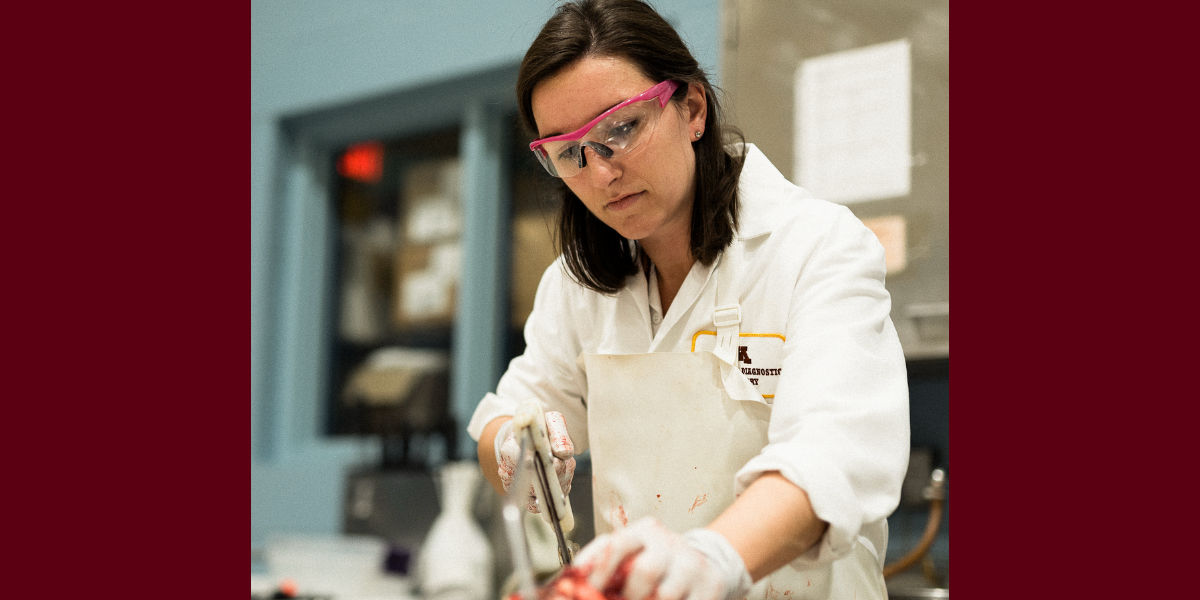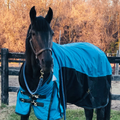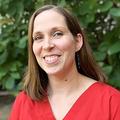- Issue:Tags:Published:
The Comparative Medicine and Pathology (CMP) T32 training program at the University of Minnesota College of Veterinary Medicine (CVM) is currently seeking applicants for 2025.
Established in 2003 in response to a shortage of academic veterinarians conducting independent biomedical research, the program is funded by the National Institutes of Health (NIH) and offers state-of-the-art research training to equip veterinarians for careers in translational research.
The CMP T32 is open to anyone with a DVM degree interested in receiving advanced research training. Participants come from many different backgrounds and stages of their careers, including people who have just completed their DVM and are interested in launching a research career; people who have DVMs as well as other advanced degrees and are looking for additional intensive research training; and people who have spent years in clinical practice and are interested in shifting their focus to research.
The program has a track record of developing successful researchers who go on to pursue a range of opportunities. More than 30 people have participated in the program, working with faculty mentors from a diverse group of disciplines, including pharmacology, cell biology, infectious disease, neurobiology, physiology, genetics, and molecular biology. Accepted CMP T32 trainees who do not already hold a PhD are encouraged to join one of CVMs two graduate programs.
Dr. Cathy Carlson, professor of pathology at CVM and one of the founding directors of the CMP T32 program, described, “Even for those who have gone on to pursue primarily clinical roles, the quality of their work has benefited from having research training.” Noting that nine former trainees now hold faculty positions at the U of M, she says, ”Our College is one of the pillars of success with this program. We’ve attracted incredibly talented people who have gone on to make a name for themselves in comparative medicine research.”
This includes CVM professor Dr. Molly McCue, who was one of the first three CMP T32 trainees. After joining the faculty she became a program co-director of the training grant and eventually served as the lead program director from 2020–24. McCue was involved in the training program's successful renewal and has mentored five T32 trainees.
In addition, Dr. Eva Furrow, now an associate professor of internal medicine at CVM is the incoming CMP T32 director.
“Being a T32 trainee fostered my growth as a researcher and helped me to recognize the potential of my work in dogs to also help humans. I developed collaborators in human medicine that I continue to work with to this day,” Furrow says. “It is incredibly fulfilling to do research that benefits both veterinary and human patient populations. My experience as a T32 trainee inspired me to become a faculty research mentor in the program and, more recently, one of the program directors.”
Academic pursuits
Like McCue and Furrow, for some participants, the program is a stepping stone to a PhD degree and a future in academic research. Dr. Alexandra Armstrong, now an assistant professor of pathology at the College, joined the PhD program in Comparative and Molecular Biosciences at CVM as a CMP T32 scholar.

She completed her DVM in 2015, followed by a residency in anatomic pathology in 2018, and the financial support of the CMP T32 program made the decision to continue her education easier. The program’s NIH pay scale is higher than that of a typical graduate stipend and increases based on the number of post-DVM years’ of experience a trainee has.
“I like that our T32 program recognizes the experience people already have with the DVM and after, but then allows you to give your full attention to the PhD,” Armstrong says. The finances of education, she said, can “put pressure to do everything as fast as you can. But this is a great program to support people who want time to decide what they want to do or who want to develop other skills.”
In addition, those who, like Armstrong, continue into a research career can often take advantage of an NIH loan repayment program.
Beyond those benefits, Armstrong also found the community of other CMP T32 scholars to be valuable.
“You get into a pool of people who can share opportunities and resources, and it’s a great way to connect,” she says. It solidified for her that comparative pathology was an interesting and viable direction, showing her the value that veterinary scientists bring to translational medicine teams.
A new path
While Armstrong continued on an academic research trajectory, other program participants have gone on to successful careers in industry. Dr. Derek Korpela, ’11 DVM, ’19 PhD, developed an interest in research while pursuing his DVM from the U of M when he participated in the Veterinary Summer Scholars program, which is also funded in part by the NIH (T35 training grant) and is a key mechanism for introducing DVM students to research experiences. This allowed Korpela to work in the labs of CVM faculty members during two summers. After he graduated in 2011, he went into clinical practice as a small animal veterinarian—but his interest in research stayed with him.
Korpela learned about the CMP T32 program from former CVM colleagues, and it proved to be the perfect fit. He applied and joined the lab of Erin Dickerson as a PhD student in Comparative and Molecular Biosciences.
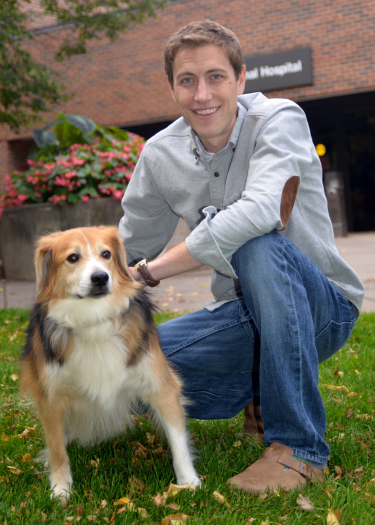
“We were a small lab without a ton of funding, so the T32 allowed me to do some of the things bigger labs can only do” in terms of traveling for conferences and purchasing lab equipment, Korpela says. “And the NIH stipend made life much more comfortable—we were able to have two kids while I was earning my PhD. I had been used to being a practicing vet and earning an income, so this helped for sure.”
The program also provides additional childcare stipends.
Like Armstrong, Korpela valued the connection with other peers across disciplines, attending once-a-month get-togethers as well as the program’s biannual retreat, held in conjunction with North Carolina State University and, more recently, the University of Pennsylvania.
Additionally, Korpela was excited by the career opportunities it opened for him.
“There aren’t that many DVM/PhDs, so the pathway of what you can do with that is in no way set or established,” he says.
Korpela found fertile ground for the translational and comparative experience he gained during the program in the vibrant Twin Cities’ medical device industry, where he’s landed roles at companies such as Boston Scientific.
“The benefits I got from it are countless,” he says. “I highly, highly recommend it to anyone thinking about it. I’m supremely grateful to have had the opportunity.”
A helpful pivot
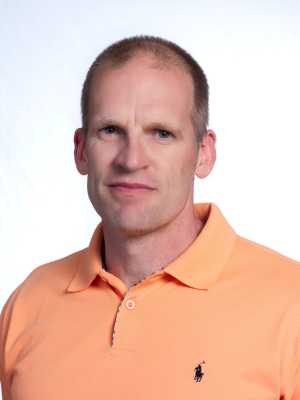
Both Armstrong and Korpela have gone on to receive additional federal funding for their research, and they credit the CMP T32 program for providing them valuable perspective on the process of and possibilities for successfully accessing grants to progress a research career.
Dr. Ferenc Toth, who joined the CMP T32 program after he had earned his PhD in comparative and experimental medicine from the University of Tennessee, agreed, noting that the program “gives you the skills, time, and mentoring to improve your research portfolio and apply for additional federal funding.”
Trained as a large animal surgeon, Toth came to Minnesota for his wife’s job and the hope of finding a clinical role at CVM. There were no clinical roles available, but he learned about the T32 and saw an outstanding opportunity.
“It was a gift,” Toth says. The program “provided an excellent opportunity to pivot from my original research topic to a new area [that I’d always been interested in]. I got to do research that was very interesting and relevant to me as an equine surgeon, and the mentorship I received was excellent.”
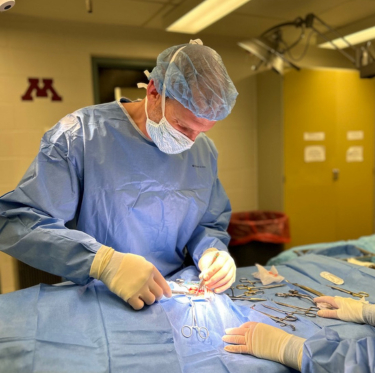
Toth also noted that the program created excellent networking opportunities. Mentored by Carlson, he had the opportunity to develop relationships with colleagues at the Medical School, the Center for Magnetic Resonance Research, and across CVM—relationships that have remained central throughout his career.
“I still rely on and collaborate with many of those people today, as a faculty member,” he says.
Toth, now an assistant professor of comparative orthopaedic research, sees participation in the program as a long-term investment.
“It’s very much a feather in your cap,” he says. “It gives you an opportunity to concentrate on your research and to try to step onto the road to becoming an independent researcher.”
Apply today
The CMP program is currently accepting applications for five open positions and encourages applications from individuals who have completed a residency program and/or PhD degree, as well as recent DVM graduates and individuals with veterinary practice experience who desire a career in research. Candidates must have a DVM or the equivalent foreign degree by the start date and must be US citizens or non-citizen nationals (permanent residents) due to NIH funding requirements.
The University of Minnesota and the College of Veterinary Medicine are strongly committed to fostering a diverse community of students, staff, and faculty, including racial minorities, disabled individuals, and individuals from disadvantaged backgrounds. Applicants from historically marginalized groups are especially encouraged to apply. The University of Minnesota is an equal-opportunity educator and employer.
If you are interested in learning more about the program, we invite you to reach out! Please visit the CMP website, or connect with us directly by email cvmrtp@umn.edu. Program administrators, participants, and directors are happy to answer questions and provide additional information.

